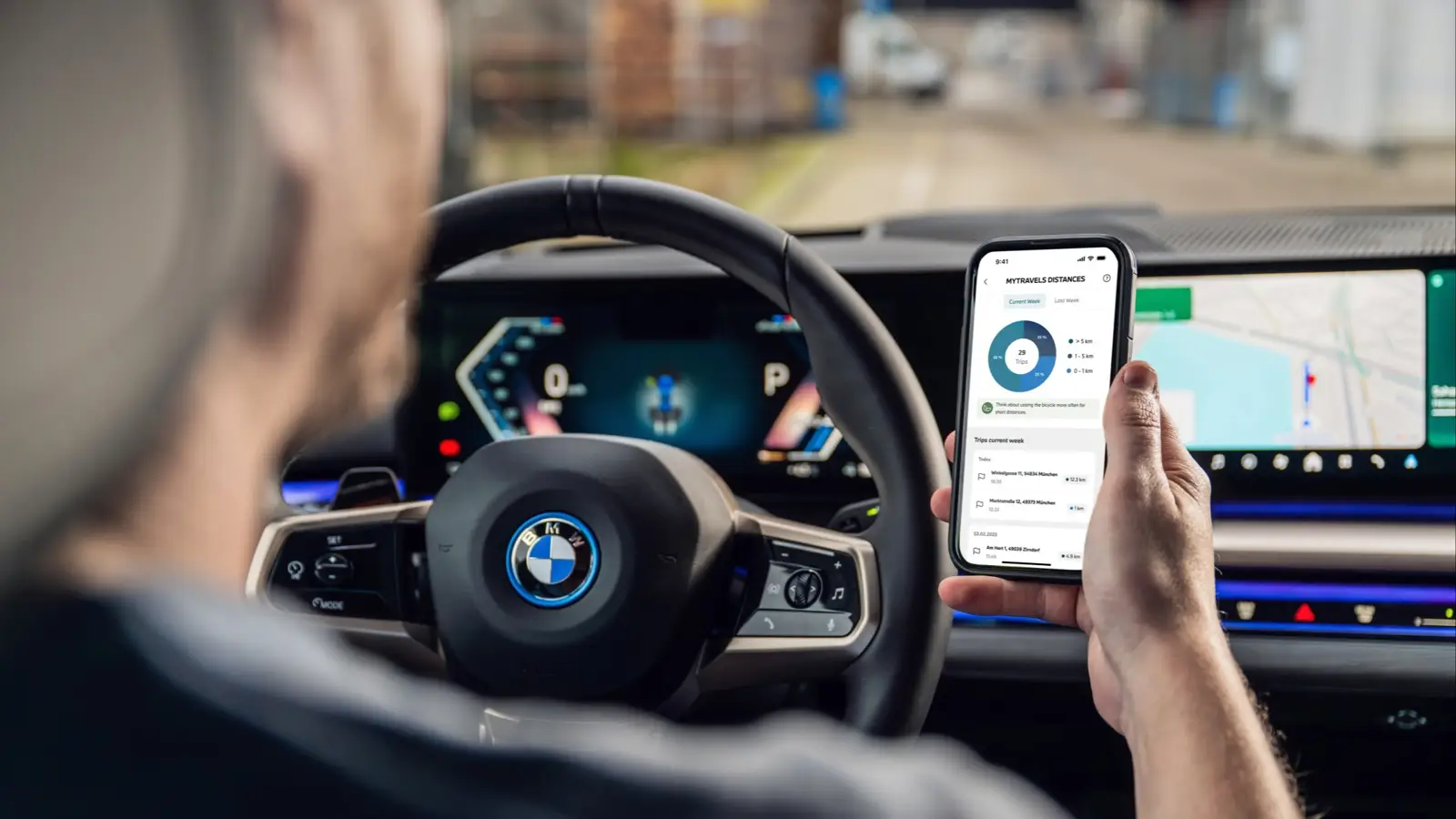BMW Group mobility pilots show effects of nudges and charging behavior

BMW Group presents results from pilots on travel insights, gamification and CO2-aware charging, showing how digital nudges influence more efficient urban mobility.
The joint research efforts of the BMW Group and the city of Rotterdam once again demonstrate how small digital nudges can influence driver behaviour and ease the pressure on urban mobility systems. The company has completed three pilot projects, each encouraging participants to look at their travel habits from a different angle — through trip insights, gamification, and more conscious timing of EV charging.
The first initiative, “My Travels,” was conducted throughout the Netherlands. Three hundred BMW and MINI drivers used a test app that provided a detailed overview of their trips: how many journeys were under one kilometre, how many ranged from one to five, and how many exceeded five kilometres. The app also highlighted realistic alternatives such as walking, cycling, or public transport, including estimated time. Simply seeing this data encouraged change. Active users made on average one to one and a half fewer short car trips per week. The trips most often replaced were visits to parks or restaurants, gym commutes, and supermarket runs, while routes involving children remained the least likely to be substituted.
The second pilot, the “MINI Artwork Challenge,” explored whether artistic incentives could encourage energy-efficient driving. One hundred and thirty participants driving the fully electric MINI Countryman and Cooper watched their AI-generated artwork evolve on the central display as they spent more time in the efficient driving mode. Data from the fully electric BMW and MINI fleet shows that this mode reduces energy consumption by about 7%. During the pilot, the share of trips completed in efficient mode increased from around 25% to nearly 40%, representing a rise of approximately 60%.
The third project, “COOL” (CO2 Optimal Charging), focused on charging behaviour. Three hundred fifty-five BMW EV and plug-in hybrid drivers in the Netherlands used an app that displayed real-time CO2 emissions per kWh of the local electricity mix and alerted them when values dropped below a defined threshold. Over 87 days, more than 13,000 charging sessions were analysed. Cleaner energy periods were identified on 67 days, and participants increased their share of charging during these times by around 6% compared to the control group. Qualitative interviews revealed three key preferences: seamless integration into daily routines, technical compatibility with existing energy applications, and a single, reliable source of information for optimal charging windows.
Together, these projects illustrate how transparent data, visual cues, and timely information can influence everyday mobility habits. They also underline the potential of digital nudges to support more sustainable urban environments. The BMW Group and the city of Rotterdam plan to use these findings to develop future mobility concepts that improve both individual experiences and the broader urban ecosystem.
Mark Havelin
2025, Nov 22 23:22


